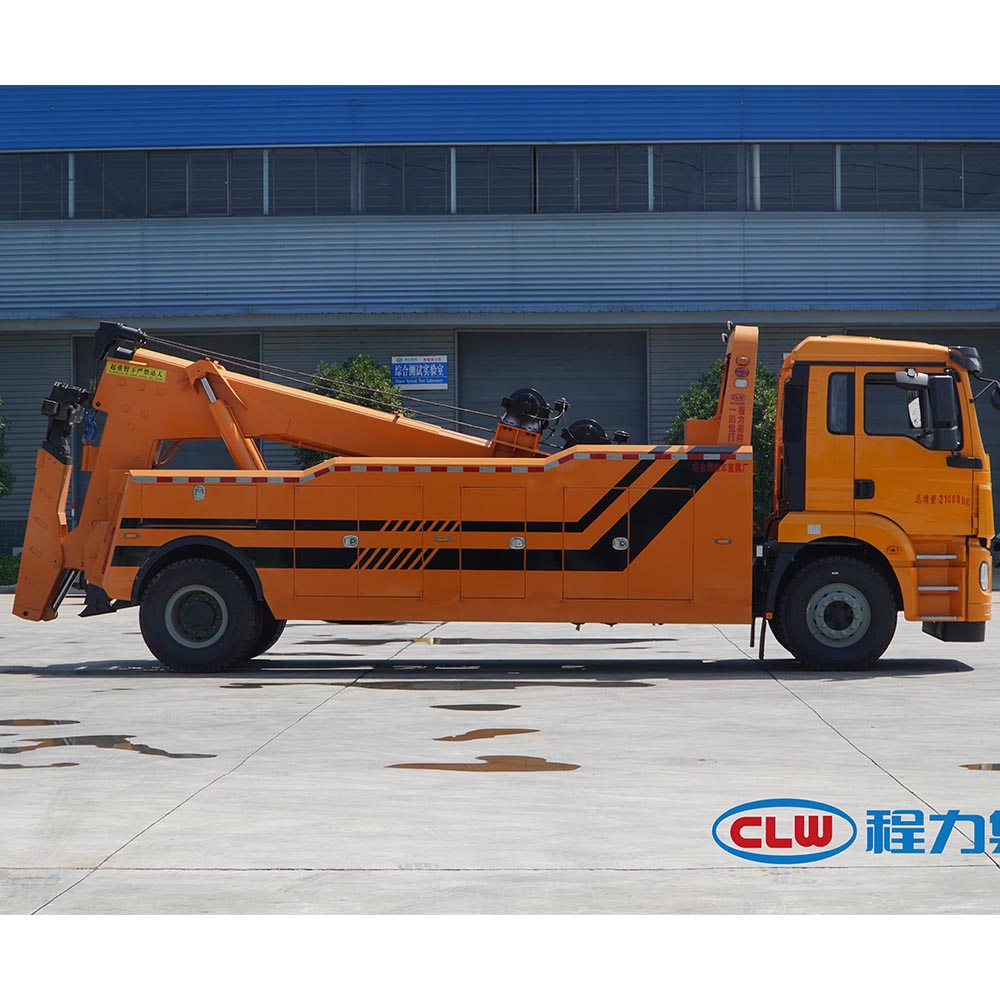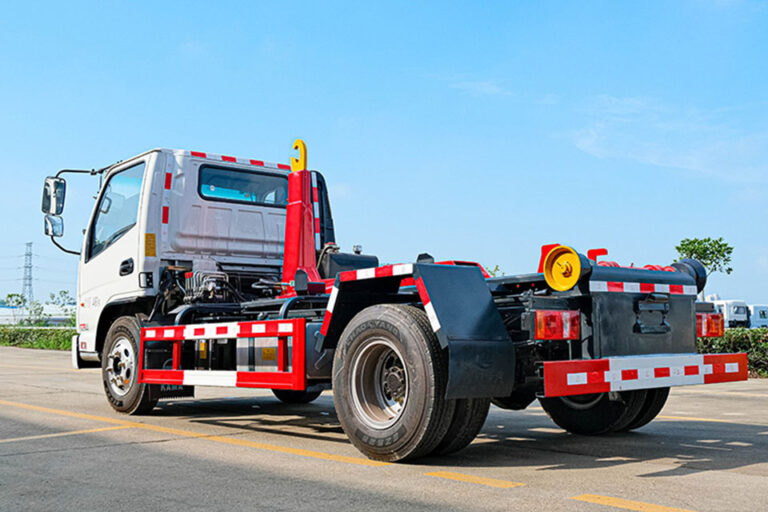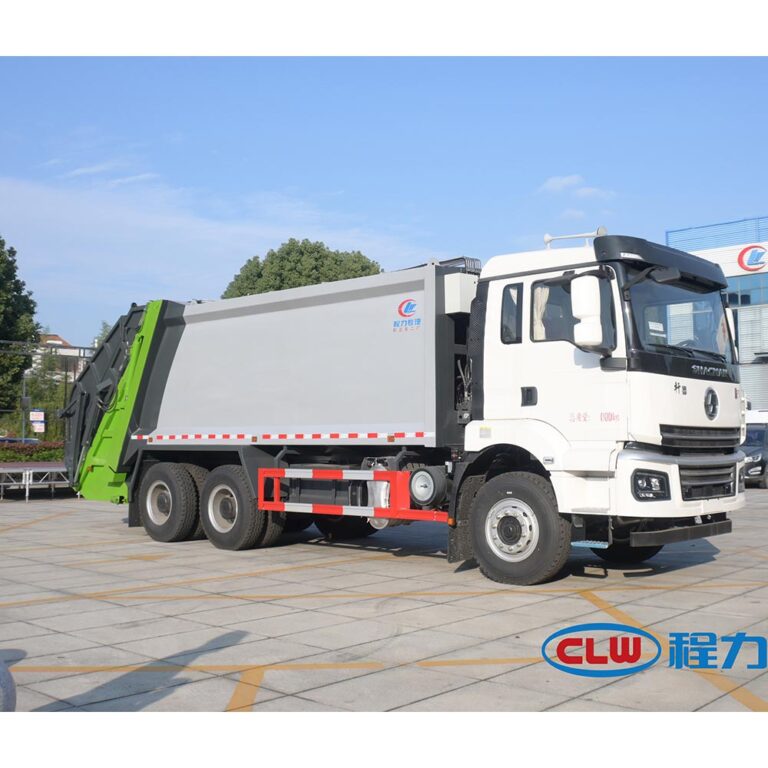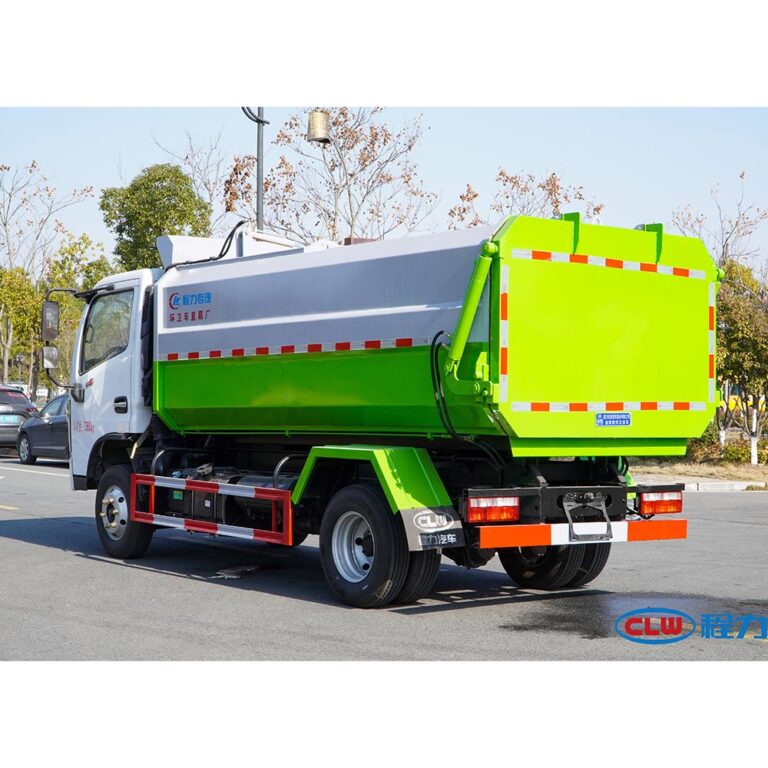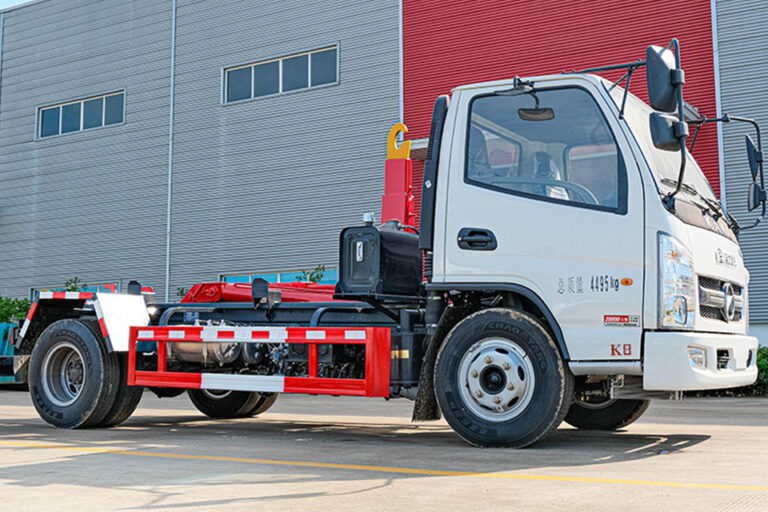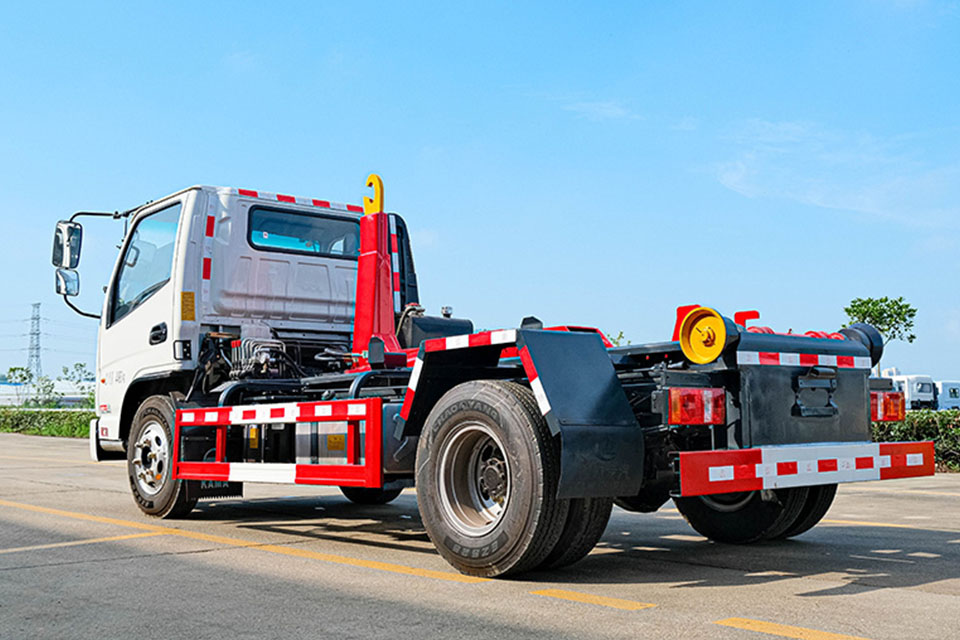-
Parque Industrial del Automóvil de Chengli

qué es un vehículo tractor
Elegir el tipo adecuado de vehículo remolcador: Guía completa
Este artículo ofrece una visión global de vehículos de remolque y grúasEn el curso de la conferencia, se hará hincapié en su importancia y versatilidad en diversos sectores. Exploraremos diferentes tipos de remolque, capacidad de remolquey los factores críticos que hay que tener en cuenta al seleccionar un vehículo de remolque o grúa para sus necesidades específicas. Tanto si es propietario de un taller de reparación de automóviles como si gestiona una flota o forma parte de un equipo de asistencia en carretera, esta guía le proporcionará información valiosa que le ayudará a tomar decisiones con conocimiento de causa, por lo que su lectura merece la pena.
Índice
1. ¿Qué es el remolque y por qué es importante?
Remolque es el proceso de tirar de una vehículo detrás de otro vehículo utilizando un correa de remolque, barra de remolquecadena, u otros especializados equipo de remolque. Este proceso puede durar muchas formas y es crucial por varias razones. Por ejemplo, remolque es necesario cuando vehículo de motor se avería en un arcén, necesita recuperarse tras un accidente o ser transportado a un taller. Remolque también es esencial para mover remolques, barcos, vehículos recreativos y otras cargas pesadas. Remolque es vital para los particulares y las empresas de la automoción industria, la construcción, la agricultura y la logística, lo que la convierte en piedra angular del transporte moderno y la asistencia en carretera.
Como planta de fabricación de camiones de auxilio, grúas y vehículos de recuperaciónSomos conscientes de la importancia de una remolque. Nuestra experiencia nos ha demostrado que vehículo de remolque puede marcar la diferencia a la hora de garantizar la seguridad y la eficacia. Ya se trate de remolque de accidentes o de rutina recuperación de vehículosNuestros productos están diseñados para cumplir las normas más estrictas. Nuestro compromiso con la calidad y la innovación nos ha granjeado una reputación de excelencia en el sector, lo que nos convierte en un socio de confianza para nuestros clientes.
2. ¿Cuáles son los distintos tipos de grúas?
Grúas Existen varias formas, cada una diseñada para tipos de remolque. Algunos tipos de grúas incluyen:
- Gancho y cadena: El método más antiguo, que enrolla cadenas alrededor del eje del vehículo remolcado. Aunque es menos común para vehículos estándar, sigue siendo popular para aplicaciones de servicio pesado.
- Grúas de plataforma: Estos camiones disponen de una plataforma plana sobre la que se carga todo el vehículo, lo que los hace ideales para transportar vehículos averiados o con tracción total. Una imagen aleatoria de car.json:
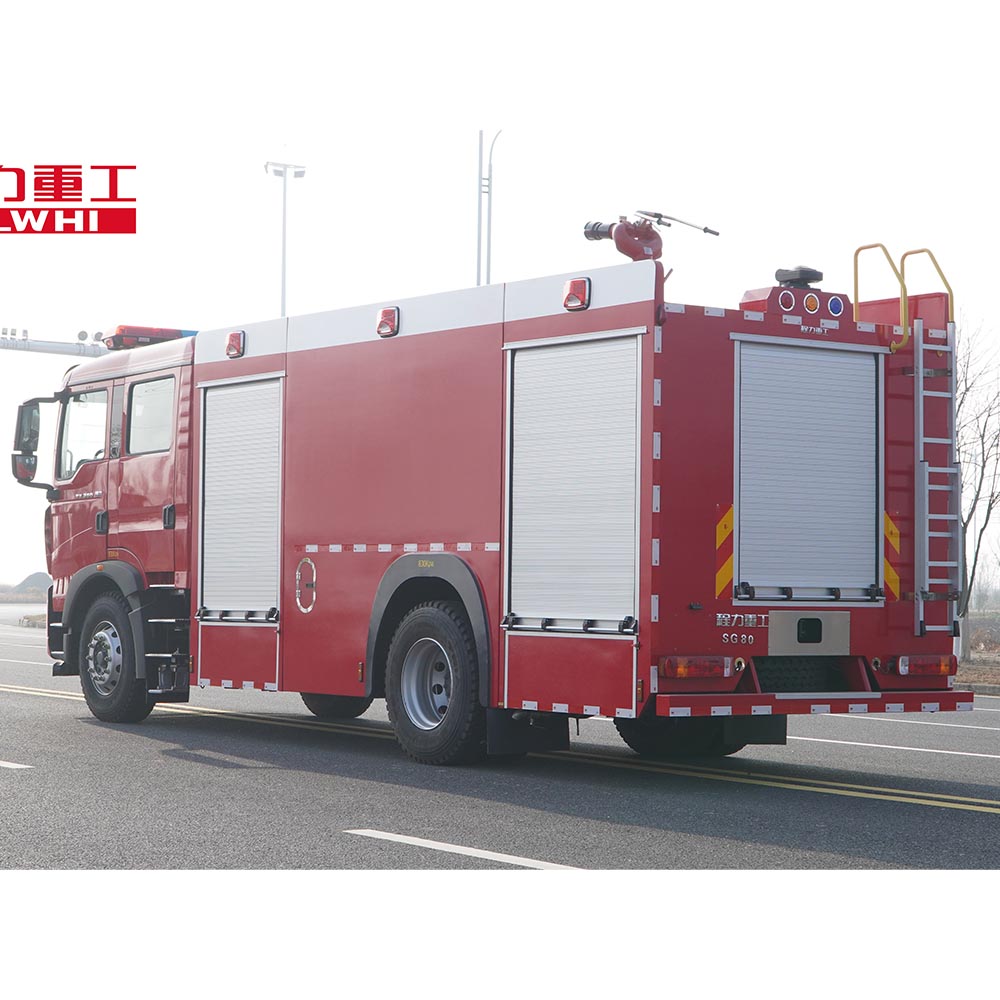 - Carretillas elevadoras de ruedas: Utilizan un yugo para levantar las ruedas delanteras o traseras del suelo, lo que las hace adecuadas para distancias cortas. remolque.
- Grúas integradas: Combinan las características de las carretillas elevadoras de ruedas y las carretillas de brazo, lo que permite una mayor versatilidad. Son utilizadas habitualmente por empresas de remolque más pequeñas.
Cada tipo de camión tiene sus ventajas. Por ejemplo, plataformas proporcionan el transporte más seguro, mientras que las carretillas elevadoras sobre ruedas ofrecen una solución más rápida para distancias cortas. Nuestra experiencia como planta de fabricación garantiza que producimos una diversa gama de grúas para satisfacer cualquier necesidad. Tanto si necesita un camión de plataforma para un transporte seguro o una carretilla elevadora para una rápida asistencia en carreteratenemos la solución adecuada para usted. Consulte nuestra Transportador de aceite comestible de 25,6 m³ de capacidad para necesidades de transporte pesado.
3. ¿Qué factores influyen en la capacidad de remolque?
Capacidad de remolque se refiere al remolque máximo peso a vehículo puede remolcar de forma segura y legal. Varios factores influyen en esta capacidad, entre ellos:
- Peso bruto nominal del vehículo (GVWR): El peso máximo que puede soportar el vehículo, incluido su propio peso y el de los pasajeros y la carga.
- Peso bruto nominal combinado (GCWR): El peso máximo combinado del vehículo de remolque y el remolqueincluyendo todos los pasajeros, carga y fluidos.
- Relación de ejes: La relación entre las revoluciones del eje de transmisión y las revoluciones de la rueda, que afecta a la capacidad del vehículo para arrastrar cargas pesadas.
- Potencia y par del motor: Los motores más potentes y con mayor par son más adecuados para remolque cargas pesadas.
- Sistema de frenado: Los vehículos con sistemas de frenado más potentes pueden remolque cargas de forma más segura.
Comprender estos factores es crucial a la hora de elegir un vehículo de remolque. Por ejemplo, un camión de tamaño completo puede tener un capacidad de remolque que un van. Nuestra experiencia en la fabricación grúas nos permite proporcionar especificaciones detalladas y orientación para ayudarle a determinar el capacidad de remolque para sus necesidades. Más información Camión repostador de acero al carbono de gran capacidad para soluciones eficientes de transporte de combustible.
4. ¿Cómo elijo el vehículo remolcador adecuado a mis necesidades?
Elegir bien vehículo de remolque depende del tipo de vehículo tiene la intención de remolquela frecuencia de remolquey las distancias implicadas. Consideremos lo siguiente:
- Tipo de vehículo: ¿Es usted remolcar un coche, a camión, an RVo un remolque?
- Frecuencia de remolque: ¿Necesita remolque ¿con frecuencia o sólo de vez en cuando?
- Distancia: ¿Estarás remolque ¿distancias cortas o largas?
Ocasionalmente remolque de un coche o camiónuna norma vehículo con un instalado de fábrica enganche puede ser suficiente. Sin embargo, para remolque pesado, un dedicado grúa es recomendable. Nuestra experiencia como planta de fabricación de grúas, camiones de auxilio y vehículos de recuperación nos permite ofrecer soluciones a medida. Tanto si busca un vehículo para realizar remolque de camiones o remolque de furgonetasvamos a desglosar toda la información esencial para ayudarle a tomar una decisión con conocimiento de causa. Para los profesionales de la construcción, nuestro Camión cisterna de arena de fracturación con capacidad para 31.000 KG es una de las mejores opciones.
5. ¿Qué es un enganche y por qué es crucial para remolcar?
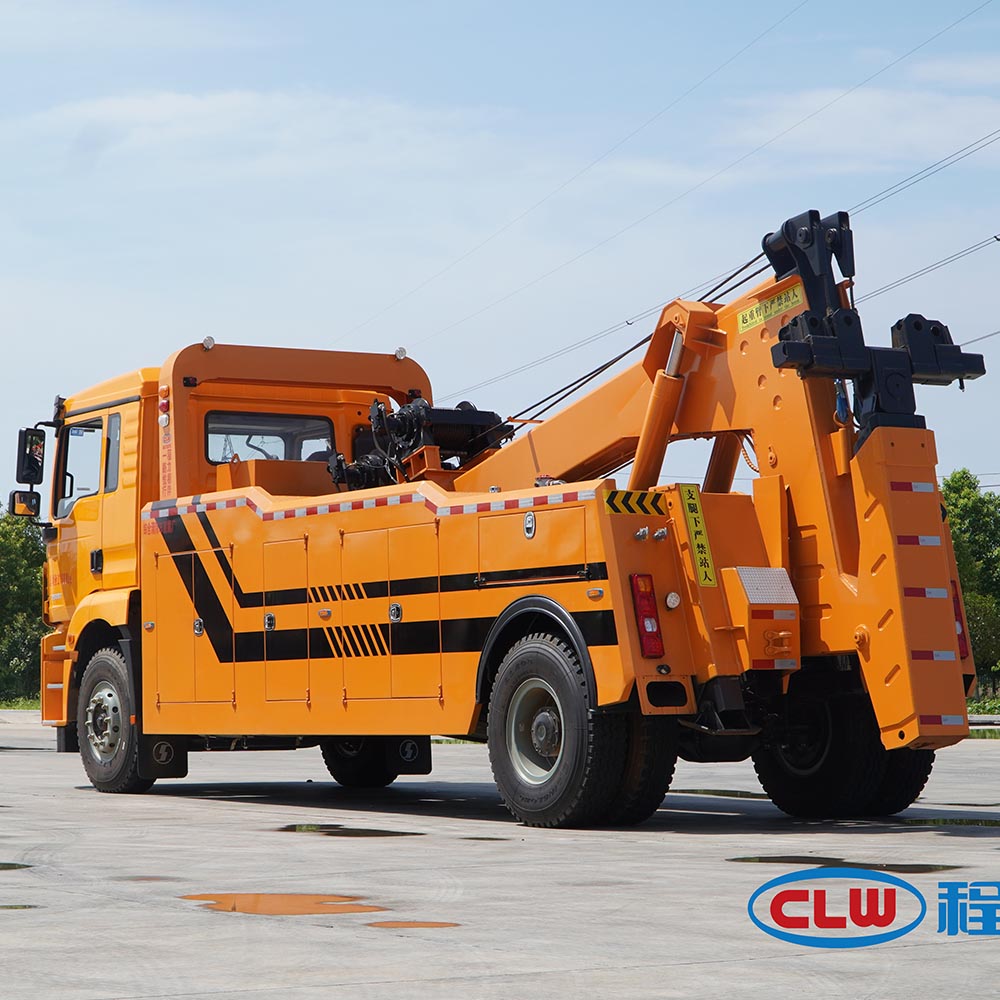
A enganche es un dispositivo conectado al chasis de un vehículo para remolque. Proporciona la conexión con el remolque y es esencial para la seguridad remolque. Enganches Los hay de varios tipos:
- Enganches receptores: En tipo comúnEl receptor es un tubo cuadrado en el que se inserta un soporte esférico u otro accesorio.
- Enganches de perno: Utilizado para remolque de cargas pesadascon un mecanismo de gancho y bucle.
- Enganches de quinta rueda: Instalado en la cama de un camiónutilizado para remolque grandes remolques, como los vehículos recreativos.
- Enganches de cuello de cisne: Similares a los enganches de quinta rueda, pero con una conexión de bola y enganche.
En tipo de enganche que necesita depende del tipo de remolque y el cantidad de peso eres remolque. Por ejemplo, un remolque utilitario sólo puede requerir una Clase I o II enganche receptormientras que un gran RV puede requerir una quinta rueda Clase V enganche.
Como fabricantes, entendemos las complejidades de enganche diseño e instalación. Nuestros productos incluyen vehículos equipados con los mejores remolque soluciones, garantizando que su vehículo de remolque está preparada para cualquier tarea. Podemos ayudarle a determinar el enganche de remolque para sus necesidades. Explore nuestra Marca Chengli - Vehículo de transporte de equipos de voladura para soluciones de transporte especializadas.
6. ¿Cuáles son las consideraciones legales para el remolque de vehículos?
Remolque está sujeta a diversas leyes y reglamentos que varían según el estado y el país. Estas normativas cubren aspectos como:
- Concesión de licencias: Requisitos para grúa operadores y empresas de grúa.
- Límites de peso: Restricciones a la índice de peso bruto del vehículo y peso bruto combinado nominal.
- Equipo de seguridad: Requisitos para las cadenas de seguridad, las luces y los frenos de los remolques.
- Seguro: Requisitos de cobertura para servicios de remolque y vehículos remolcados.
Es crucial cumplir esta normativa para evitar multas y garantizar la seguridad. Grúa los operadores deben estar debidamente autorizados y asegurados, y vehículos deben estar equipados con el material de seguridad necesario. Nuestra experiencia en el sector garantiza que conocemos bien los requisitos legales para remolque. Proporcionamos orientación y apoyo para ayudar a nuestros clientes a cumplir estas normativas, garantizando que operan de forma legal y segura. Nuestra experiencia nos convierte en un socio fiable para municipios, organismos públicos y empresas privadas. empresas de grúa. Descubra nuestra Camión petrolero de aleación de aluminio 25.5m³ para el transporte de petróleo de gran capacidad.
7. ¿Cómo afecta el tipo de remolque al remolcado?
En tipo de remolque usted es remolque afecta significativamente a la elección de vehículo de remolque y el remolque proceso. Los distintos remolques tienen diferentes distribuciones de peso, eje configuraciones y requisitos de frenado. Los tipos más comunes son:
- Remolques utilitarios: Remolques ligeros utilizados para transportar equipos, muebles y otros artículos.
- Remolques para barcos: Diseñado específicamente para el transporte de embarcaciones.
- Remolques para autocaravanas: Incluidos remolques de viaje, remolques de quinta rueda y autocaravanas.
- Remolques para ganado: Se utiliza para transportar animales.
- Remolques de plataforma: Remolques versátiles utilizados para transportar cargas grandes y pesadas.
Cada tipo de remolque requiere un enganche y remolque configuración. Por ejemplo, un remolque de barco puede requerir un enganche de remolque con una capacidad de carga superior a la de un remolque utilitario. Nuestra experiencia como grúa y vehículo de recuperación de fabricación nos permite ofrecer soluciones a medida para remolque varios tipos de remolques. Proporcionamos especificaciones detalladas y orientación para ayudarle a elegir el adecuado vehículo de remolque y remolque combinación. Nuestra experiencia le garantiza remolque su vehículo y remolque de forma segura y eficaz.
8. ¿Cuáles son las mejores prácticas para la recuperación segura de vehículos?
Recuperación de vehículos consiste en recuperar un vehículo inutilizado o vehículo y transportarlo a un lugar seguro. Seguro recuperación de vehículos requiere conocimientos especializados equipo y operarios cualificados. Las mejores prácticas clave incluyen:
- Evaluación de la situación: Evaluar el estado de los discapacitados vehículosu ubicación y el entorno circundante.
- Elegir el equipo adecuado: Seleccionar el grúa y equipo de remolquecomo correas de remolquecadenas y cabrestantes.
- Asegurar el vehículo: Asegurar adecuadamente a los discapacitados vehículo a la grúa para evitar daños mayores durante el transporte.
- Seguir los procedimientos de seguridad: Respetando los protocolos de seguridad establecidos para proteger al operador, el vehículoy otros usuarios de la carretera.
Remolque de recuperación puede ser compleja y difícil, y requiere experiencia y precisión. Nuestro equipo de profesionales está formado en las últimas recuperación de vehículos técnicas, garantizando que cada operación se lleve a cabo con seguridad y eficacia. Proporcionamos formación y apoyo completos a nuestros clientes, asegurándonos de que disponen de los conocimientos y habilidades necesarios para realizar recuperación de vehículos con seguridad.
9. ¿Cómo puedo garantizar el cumplimiento de las leyes y normativas de remolque?
Garantizar el cumplimiento de leyes y reglamentos sobre remolque es esencial para un funcionamiento seguro y legal. Los pasos clave incluyen:
- Obtención de las licencias necesarias: Garantizar que todos los grúa los operadores estén debidamente autorizados y certificados.
- Cumplir los límites de peso: Adhesión a la índice de peso bruto del vehículo (GVWR) y peso bruto combinado nominal (GCWR) especificado para su vehículo de remolque y remolque.
- Equipar correctamente los vehículos: Instalar el equipo de seguridad necesario, como cadenas de seguridad, luces y frenos, en remolques.
- Mantener la cobertura del seguro: Garantizar que su servicios de remolque y vehículos remolcados estén debidamente asegurados.
- Mantenerse informado: Mantenerse al día de los cambios en leyes y reglamentos sobre remolque a nivel estatal y federal.
Nuestra experiencia en el sector nos permite ofrecer una valiosa orientación sobre el cumplimiento de la normativa. Trabajamos estrechamente con nuestros clientes para asegurarnos de que comprenden y cumplen todas las normativas pertinentes, ayudándoles a evitar multas y problemas legales. Nuestra experiencia nos convierte en un socio de confianza para las empresas y organizaciones implicadas en remolque.
10. ¿Por qué elegir una grúa profesional?
Elegir un profesional empresa de grúas ofrece numerosas ventajas, entre ellas
- Conocimientos y experiencia: Profesional grúa Los operarios tienen la formación y la experiencia necesarias para remolque situaciones de forma segura y eficaz.
- Equipos especializados: Profesional empresas de grúa tienen acceso a una amplia gama de equipo de remolqueincluyendo camiones de plataformacarretillas elevadoras de ruedas y remolque pesado camiones.
- Disponibilidad 24/7: Muchos profesionales empresas de grúa ofrece 24 horas al día, 7 días a la semana asistencia en carreterapara que disponga de ayuda siempre que la necesite.
- Seguro y protección de la responsabilidad civil: Profesional empresas de grúa suelen estar asegurados, lo que ofrece protección en caso de daños a su vehículo durante remolque.
- Cumplimiento de la normativa: Profesional empresas de grúa conozcan y cumplan todos los requisitos pertinentes leyes y reglamentos sobre remolque.
Como líder grúa, camión de auxilioy vehículo de recuperación de fabricación, comprendemos la importancia de la profesionalidad en la remolque industria. Colaboramos con empresas de grúa ofrecer a nuestros clientes un servicio fiable y eficaz servicios de remolque. Nuestro compromiso con la calidad y la satisfacción del cliente nos convierte en la opción preferida de empresas y organizaciones de diversos sectores.
Preguntas frecuentes
1. ¿Cuál es la diferencia entre la capacidad de remolque sin frenos y la capacidad de remolque con frenos?
Capacidad de remolque sin frenos se refiere al peso máximo a vehículo puede remolcar sin frenos de remolque, mientras que capacidad de remolque con frenos se refiere al peso máximo con frenos del remolque. La capacidad con frenos suele ser mayor porque los frenos del remolque aumentan la seguridad.
2. ¿Puedo llevar un remolque con un vehículo normal o necesito una grúa especial?
Depende del peso y tipo de remolque. Un estándar vehículo con un enganche instalado de fábrica puede ser suficiente para trabajos ligeros remolquesino una dedicada grúa se recomienda en caso de remolque de cargas pesadas.
3. ¿Qué tipo de enganche necesito para remolcar una autocaravana?
Remolque de vehículos recreativos a menudo requiere una Clase III, IV o V enganche receptoro una quinta rueda o cuello de cisne engancheen función del tamaño y el peso del RV.
4. ¿Cómo puedo saber la capacidad de remolque de mi vehículo?
En capacidad de remolque de su vehículo suele figurar en el manual del propietario. También puedes encontrarlo en una pegatina en el interior de la puerta del conductor o poniéndote en contacto con el fabricante.
5. ¿Cuáles son las consideraciones de seguridad más importantes a la hora de remolcar un vehículo?
Entre las principales consideraciones de seguridad se incluye asegurar adecuadamente el vehículo remolcadoutilizando el equipo de remolquerespetando los límites de peso y siguiendo todas las leyes y reglamentos.
6. ¿Cómo sé si una empresa de grúas tiene buena reputación y es fiable?
Busque un empresa de grúas con críticas positivas, licencias y seguros adecuados, una amplia gama de equipo de remolquey disponibilidad 24 horas al día, 7 días a la semana. También puede pedir recomendaciones a fuentes de confianza.
Conclusión
- Remolque es esencial para diversos sectores y situaciones, desde la asistencia en carretera hasta el transporte de cargas pesadas.
- Elegir bien vehículo de remolque y equipo es crucial para una remolque.
- Comprender capacidad de remolque, enganche y los requisitos legales.
- Profesional empresas de grúa ofrecen experiencia, equipos especializados y disponibilidad 24 horas al día, 7 días a la semana.
- Cumplimiento de leyes y reglamentos sobre remolque garantiza la seguridad y evita problemas legales.
- Nuestra planta de fabricación proporciona grúas, camiones de auxilioy vehículos de recuperación para satisfacer necesidades diversas.
- Ofrecemos apoyo y orientación completos para ayudar a nuestros clientes a navegar por las complejidades de remolque.
- Asociarse con nosotros garantiza el acceso a servicios fiables, eficientes y conformes con la normativa. remolque soluciones.
Si conoce estos puntos clave, podrá tomar decisiones informadas sobre remolque y garantice la seguridad y eficacia de sus operaciones. Póngase en contacto con nosotros hoy mismo para obtener más información sobre cómo nuestros productos y servicios pueden beneficiar a su empresa.
